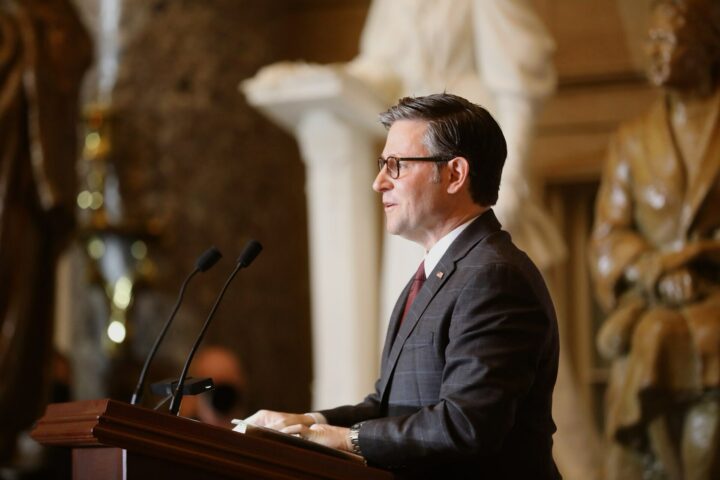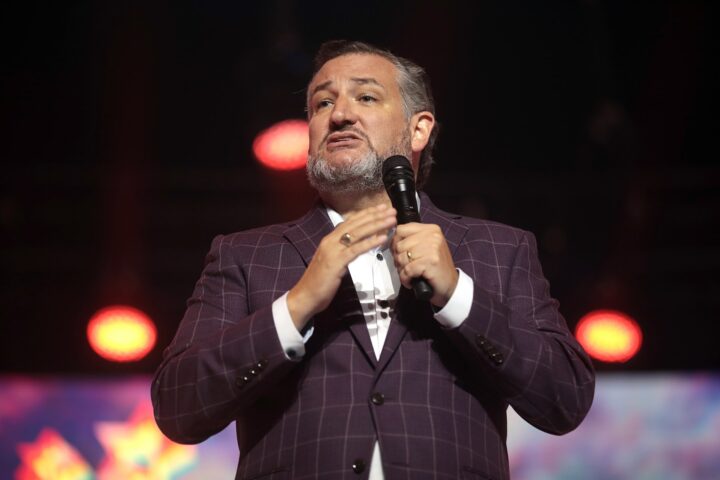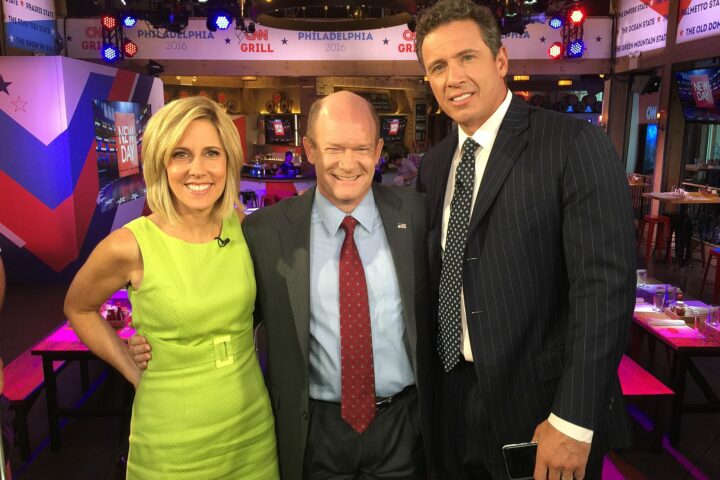Google has now reportedly announced it will reinstate YouTube accounts that were permanently banned for political speech, including over COVID-19 and election content, while conceding that the Biden administration pressured the company to remove certain viewpoints.
The shift comes after years of scrutiny from Republicans, who have accused the government of colluding with Big Tech to silence dissent.
The company detailed its new approach in a document submitted to the House Judiciary Committee and obtained by Fox News Digital. “Reflecting the Company’s commitment to free expression, YouTube will provide an opportunity for all creators to rejoin the platform if the company terminated their channels for repeated violations of COVID-19 and elections integrity policies that are no longer in effect,” the company’s lawyer wrote.
Among those affected are high-profile conservatives such as Dan Bongino, White House counterterrorism chief Sebastian Gorka, and “War Room” podcast host Steve Bannon.
Bongino, who was banned in 2022 after questioning mask mandates, later built an audience on Rumble. His rise on that alternative platform, the document acknowledged, was fueled by his permanent removal from YouTube.
The lawyer further emphasized that YouTube “values conservative voices on its platform” and admitted these creators “have extensive reach and play an important role in civic discourse.”
The disclosure was made in response to a yearslong Republican-led investigation into Big Tech censorship. That inquiry, spearheaded by the Judiciary Committee, has examined Google and other firms accused of suppressing debate over COVID-19, the 2020 election, and Hunter Biden.
Google admitted that “senior Biden Administration officials, including White House officials, conducted repeated and sustained outreach to Alphabet and pressed the Company regarding certain user-generated content related to the COVID-19 pandemic that did not violate its policies.” While the company said it also acted independently, it has since rolled back those policies.
The revelations parallel what Republicans uncovered in documents from Meta. That company last year denounced the Biden administration’s pressure tactics, which were well-documented in emails obtained by the committee.
Meta also eliminated its use of third-party fact-checkers, a decision that President Biden blasted as “really shameful.” YouTube, for its part, said it “will not empower fact-checkers to take action on or label content” on the platform.
In addition to the congressional investigation, a lawsuit brought by two Republican attorneys general challenged federal-government jawboning — the practice of officials leaning on private companies to police speech.
Discovery in the case, Murthy v. Missouri, mirrored many of the committee’s findings. Lower courts sided with the plaintiffs, with one judge concluding the government had “assumed a role similar to an Orwellian ‘Ministry of Truth.’”
But the Supreme Court ultimately declined to decide the constitutional question, ruling instead that the plaintiffs lacked standing. That outcome frustrated Republicans, who had hoped for a definitive ruling that censorship practices violated the First Amendment.
For now, Google’s retreat underscores both the reach of the congressional probe and the growing recognition that speech suppression during the pandemic went too far.
The House investigation continues, as lawmakers press for further accountability from an industry that once insisted it was neutral but is now conceding political pressure shaped its choices.
[READ MORE: Trump Backs Away From Talks As Dems Make Big Budget Demands]








